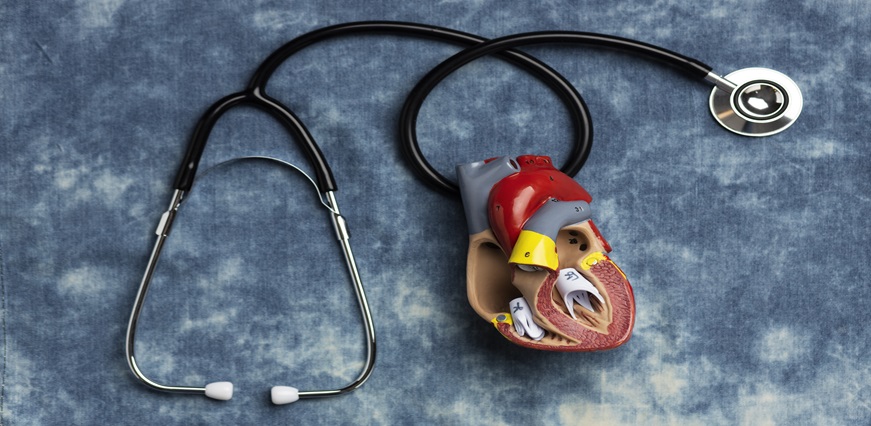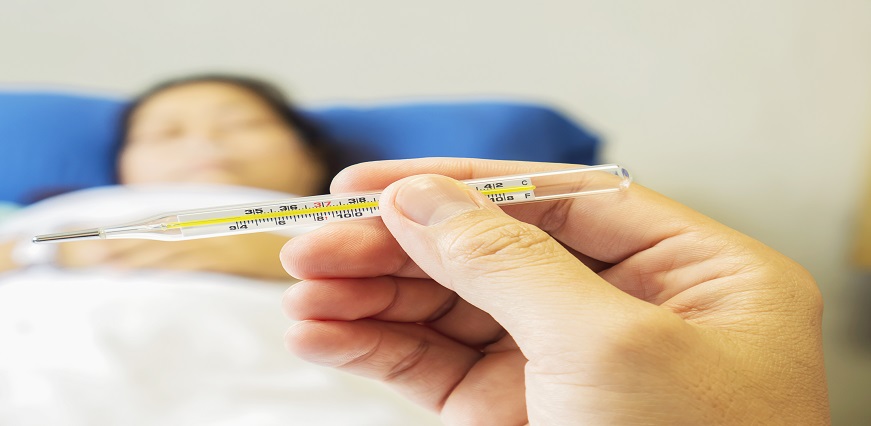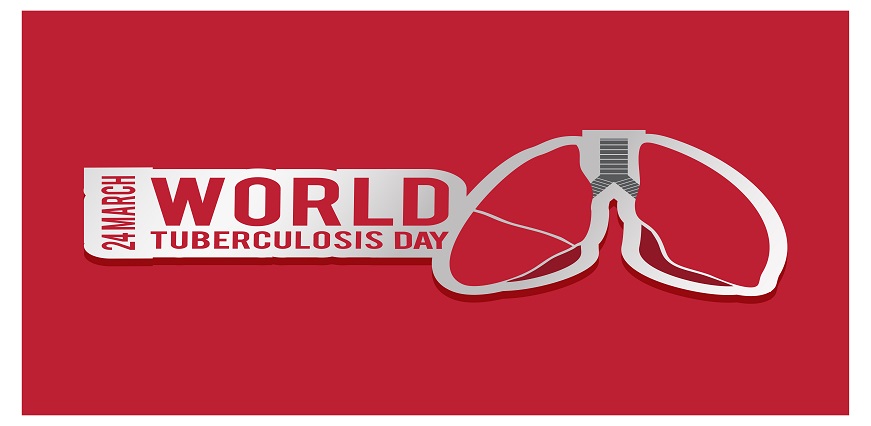





No lab centers are available in this city

Max Lab
May 07, 2024
The heart's rhythmic beatings rely on electrical signals that coordinate contractions between its upper and lower chambers, also known as, atria and ventricles. It allows the heart to pump blood to the entire body. However, in heart block, these signals are disrupted, causing the heart to beat too slowly to pump blood effectively.
Depending on the severity, heart block can be of 3 types mentioned below:
3. Third-degree heart Block (Complete Heart Block): In this type of heart block the electrical system becomes completely blocked, leading to a very slow or irregular heartbeat. In a complete heart block, symptoms can include severe fatigue, shortness of breath, and chest pain.
Some individuals are born with a heart block, which is known as congenital heart block. At this age, it can be due to autoimmune diseases that are passed on from the mother to the child or if the heart muscles of the newborn remain underdeveloped. In adults, the causes of heart blockage can be due to heart damage, heart disease, medications, muscle disorders, and other conditions.
The signs and symptoms of heart blockage can differ as per the type of heart block in the body. In first-degree heart block, there are usually no symptoms at all. However, in second-degree heart block, the person can experience dizziness, chest pain, tiredness, heart palpitations, rapid breathing, and more. Symptoms of third-degree heart block can be chest pain, severe tiredness, shortness of breath, etc. The symptoms for second and third-degree heart block are relatively similar, but third-degree heart block typically has more intense symptoms. People who notice these heart block symptoms should promptly consult a healthcare provider for timely medical attention.
Before recommending any test for heart blockage diagnosis, a cardiologist will first examine the medical history of individuals and the medicines they are taking. The cardiologist also reviews the diet, physical activity, lifestyle, and overall health of individuals. Then, a physical examination is conducted in which the doctor checks the heart rate and signs of heart failure. For further understanding of the symptoms, some tests for heart blockage are recommended that include the following:
The treatment for heart blockage can vary from person to person, depending on the severity of the case. For first-degree heart block cases, no treatment is required as it is a milder type of heart block with minimal to no symptoms. People with second-degree heart block might have to use a pacemaker to keep the heart beating normally. A pacemaker is a small, battery-operated device. It can be used from the outside of the body or by implanting it in the chest or abdomen of the individual. In case of a complete heart block, the treatment recommended is either using a pacemaker or anti-arrhythmic drugs.
Heart block is caused due to the disruption of the electrical signals of the heart, which can affect the functioning of the heart. If a person has severe symptoms, it is best to consult a cardiologist to get the right treatment on time. Many health professionals also recommend a healthy diet, reduced alcohol consumption, and daily light exercises as preventive measures for heart block












Sign up takes less than 60 secs and gives you access to your offers, orders and lab tests.
Looks like you are not registered with us. Please Sign up to proceed
OTP will be sent to this number by SMS
We have successfully received your details. One of the agents will call you back soon.
 To reach our help desk call 9213188888
To reach our help desk call 9213188888
No Lab Centers are available in this city
Looks like you are not registered with us. Please Sign up to proceed
OTP will be sent to this number by SMS
Not Registered Yet? Signup now.Looks like you are not registered with us. Please Sign up to proceed





 7982100200
7982100200.png)
Comments